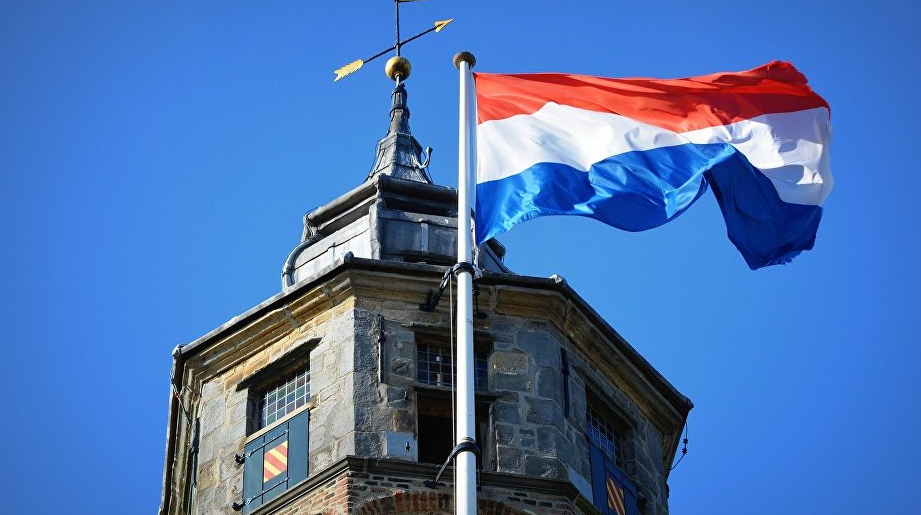The Dutch economy has officially entered a recession after GDP declined for the second consecutive quarter, according to preliminary data released by Statistics Netherlands on Wednesday.
Dutch gross domestic product contracted 0.3% in the second quarter of 2022, following a 0.4% drop in the first quarter. It marks the first recession in the Netherlands since the onset of the COVID-19 pandemic.
The decline was driven by a 1.6% fall in consumer spending as high inflation pushed up food and energy costs. Exports also dropped 0.7% compared to the previous quarter.
The recession brings an abrupt end to a period of strong growth for the Dutch economy in 2021 and early 2022. Annual GDP expansion had approached 5% as the country bounced back swiftly from the pandemic impact.
However, surging inflation across the eurozone has since dampened household demand and business activity in the export-reliant Netherlands. While price rises have eased from a September peak of 14.5%, inflation remains stubbornly high at around 6%.
The double-dip contraction in Europe's fifth largest economy highlights the damage from the cost-of-living crisis across the bloc.










